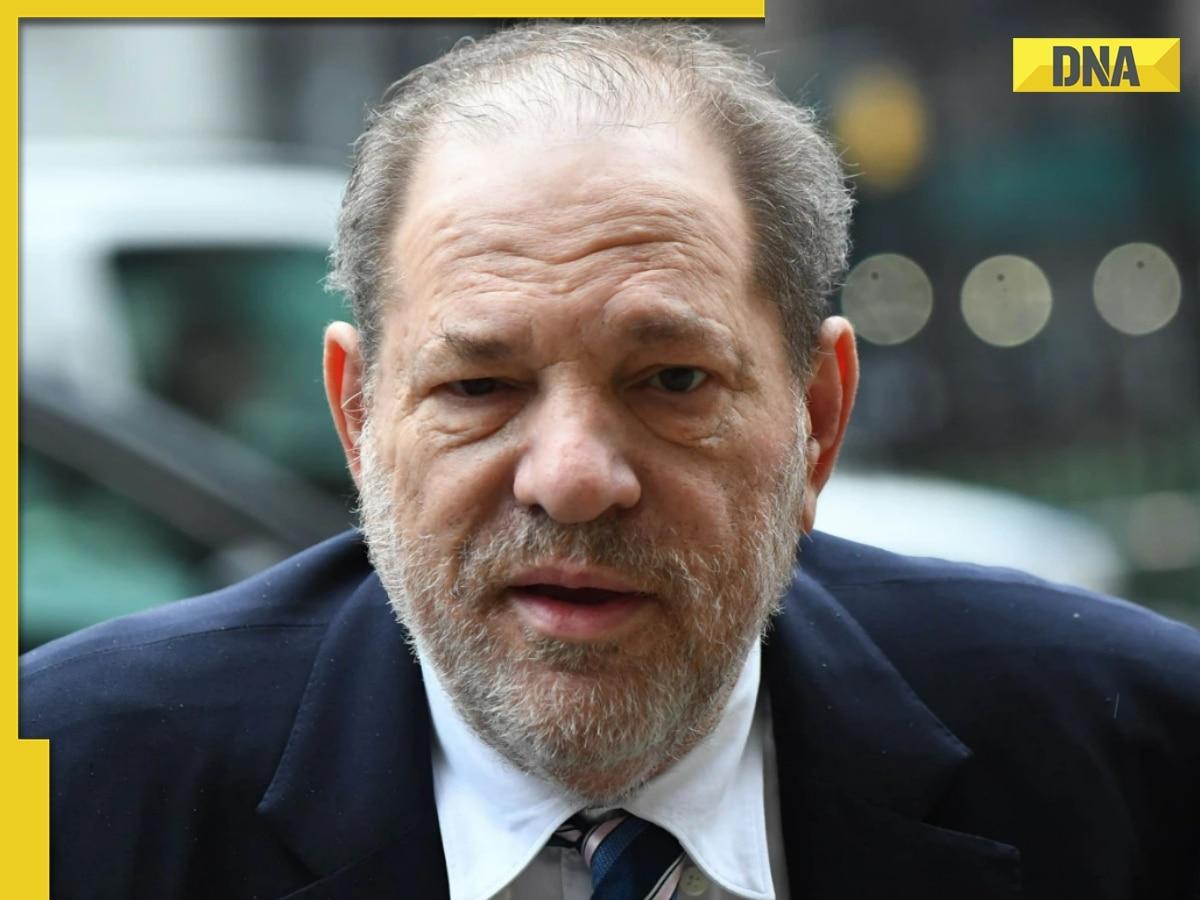
Former Hollywood producer Harvey Weinstein remains a significant topic of media discussion as his intricate legal battles continue to unfold. Recently, Weinstein’s legal team has taken a definitive step by filing an appeal against his 2022 conviction for rape and sexual assault, handed down by a Los Angeles jury. This move comes shortly after Weinstein experienced a notable legal win in New York, where his previous 2020 convictions were overturned by the state’s highest appeals court, as reported by Deadline.
The Empire State Appeals Court’s decision to void Weinstein’s 2020 convictions has undoubtedly reinvigorated his legal team. In a close 4-3 decision, the court ruled that certain testimonies allowed during Weinstein’s initial New York trial were prejudicial, thereby compelling them to vacate the sentence and order a retrial. The defense successfully argued that the inclusion of prior bad acts testimony unduly influenced the jury, thus compromising Weinstein’s right to a fair trial.
As the New York case sets a new precedent, the focus now shifts to California. In the Second Appellate District of California, Weinstein’s attorneys have argued that their client was deprived of a fair trial in Los Angeles. Their argument hinges on the claim that the jury was aware of Weinstein’s New York conviction, despite that conviction not being formally presented as evidence. They maintain that this extrinsic information severely tainted the jury’s impartiality, thus undermining the integrity of the trial process.
Currently serving his sentence at Rikers Island, Weinstein is anticipating his retrial in New York, scheduled to begin in September. This upcoming trial might see new indictments, as hinted by the Manhattan Assistant District Attorney. The prosecution has suggested that there could be additional charges based on fresh evidence or testimonies that may emerge before the trial commences.
Adding another layer to this complex legal narrative, Weinstein’s spokesperson has publicly emphasized the defense’s standpoint regarding his Los Angeles trial. They have asserted that significant pieces of evidence were unjustifiably excluded, further alleging that the trial was marred by misleading information. The recent appeal document, stretching over 163 pages, meticulously details these claims, challenging the legitimacy of the LA court’s verdict.
.
Weinstein’s defense team remains steadfast in their objective to secure a new trial for him in California. They assert that his right to a fair trial was compromised on multiple fronts, from jury exposure to prejudicial information to the exclusion of critical defense evidence. However, the office of California Attorney General Rob Bonta, which represents the prosecution, has so far refrained from commenting on the appeal.
This ongoing saga has captivated public attention not only due to Weinstein’s former stature in Hollywood but also due to the broader implications it holds for the #MeToo movement and sexual assault cases in general. The initial convictions against Weinstein were seen as a significant victory for survivors of sexual assault, symbolizing a turning point where powerful men could be held accountable for their actions. Thus, the appeal process and the possibility of retrials reinvigorate debates about due process, judicial fairness, and the complexities inherent in high-profile legal cases.
In the meantime, Weinstein continues to serve his time amid these legal upheavals, his fate hanging in the balance as his defense team tirelessly works to overturn his convictions. While the New York verdict provided a glimmer of hope for Weinstein and his attorneys, the road ahead in California appears fraught with challenges. The appeal will need to convincingly demonstrate that Weinstein was indeed subjected to an unfair trial — a tall order, given the heated emotions and significant public interest surrounding the case.
As all eyes turn to the upcoming legal proceedings, both in New York and Los Angeles, the outcome of Weinstein’s appeals could potentially reshape public discourse around sexual assault adjudications and the balance of influencing factors in high-stakes trials. Even with his contentious and polarizing persona, the legal principles at stake in Weinstein’s appeals could set precedents that extend well beyond his own circumstances, touching on core aspects of justice and fairness in the American judicial system.
Notably, the news of Weinstein’s ongoing legal battles continue to make waves, reflecting the complex orchestration of legal strategies, public opinions, and judicial fairness that define high-profile cases. For now, Harvey Weinstein’s appeals and the court’s responses to them remain crucial touchpoints in the evolving narrative of justice and accountability in the post-#MeToo era.
The DNA app is now available for download on the Google Play Store. Please download the app and share your feedback with us.












